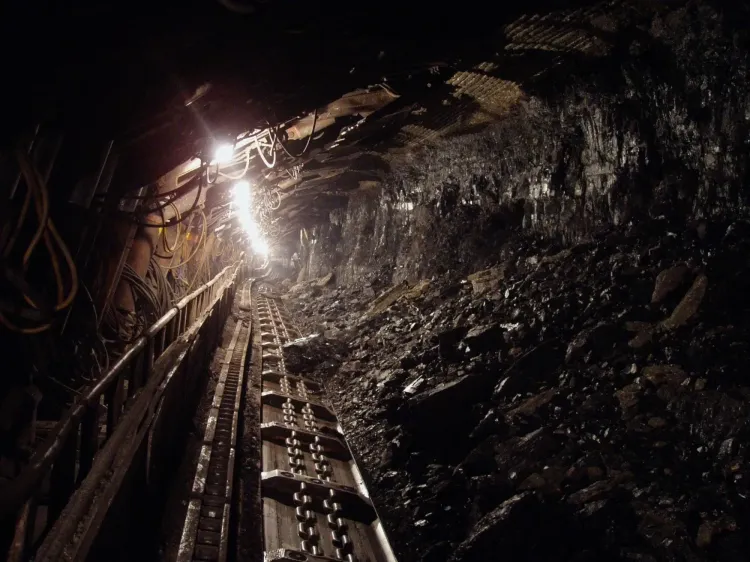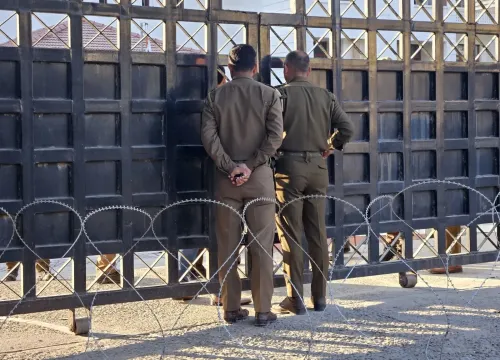Could the Centre's Auction of 3 Coal Blocks Attract Rs 7,350 Crore in Investments?

Synopsis
Key Takeaways
- The auction of three coal blocks could attract Rs 7,350 crore in investments.
- Expected annual revenue from these blocks is Rs 4,620.69 crore.
- Creation of approximately 66,248 jobs is anticipated.
- The blocks hold geological reserves of 3,306.58 million tonnes.
- Damodar Valley Corporation is the highest bidder.
New Delhi, Nov 25 (NationPress) The Ministry of Coal has successfully conducted the auction of three coal blocks located in Jharkhand and Odisha as part of the 13th round of commercial coal mine auctions. These auctions are projected to draw in a significant capital investment of nearly Rs 7,350 crore, according to an official statement released on Wednesday.
These three coal blocks are expected to generate an annual revenue of around Rs 4,620.69 crore and will create approximately 66,248 jobs, as indicated by the statement.
Damodar Valley Corporation has emerged as the top bidder for the three coal blocks, which include Pirpainti Barahat and Dhulia North in Jharkhand, along with Mandakini-B in Odisha.
Together, these fully explored coal blocks contain geological reserves of roughly 3,306.58 million tonnes, and a combined Peak Rated Capacity (PRC) of 49 million tonnes per annum (MTPA).
Since commencing commercial coal mining in 2020, a total of 136 coal blocks with a production capacity of 325.04 million tonnes annually have been successfully auctioned. Once operational, these blocks will significantly boost domestic coal output and contribute to the nation's ambition of being self-sufficient in coal production. Collectively, these blocks are projected to generate an annual revenue of Rs 43,330 crore, attract a capital investment of Rs 48,756 crore, and create 4,39,447 jobs across coal-rich regions.
The ministry initiated the 13th round of commercial coal block auctions on August 21. The forward auctions took place from November 20 to November 25. This round features both fully and partially explored blocks, incorporating reforms such as incentives for early production and updated penalties for delays.
As part of ongoing coal sector reforms, the government has transitioned from a restrictive model to a competitive bidding process for granting coal mining blocks, allowing for commercial coal sales instead of just specific end-uses. The auction-based regime established in 2014 permitted private sector involvement, albeit limited to captive operations. However, since 2020, the sector has been opened up for private commercial coal mining.
The auctions are conducted through a two-stage online bidding process, beginning with technical evaluations and competitive initial price submissions, followed by a final stage for improved price offers.









